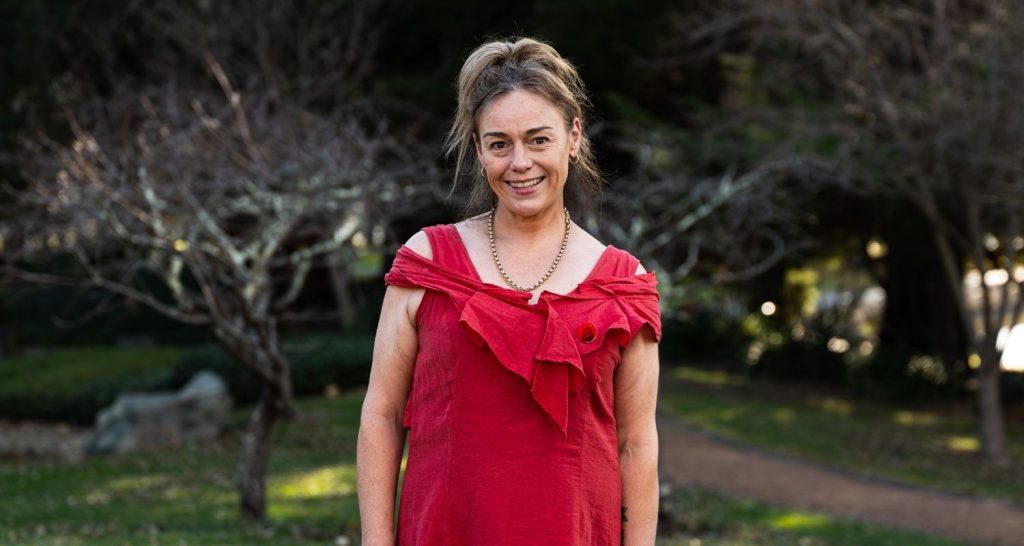This article was first published in CHILD Magazines.
If your child has a FASD diagnosis, or you’re considering getting a diagnosis, it can feel daunting.
But a diagnosis unlocks understanding and support. It’s not the end of the journey, it’s the beginning.
Diagnosis opens the doors
Fetal Alcohol Spectrum Disorder (FASD), often called a “hidden disability”, is more common in Australia than many realise. Research suggests that up to one million Australians – 3.64% of the population – may live with FASD, yet many are unaware or misdiagnosed.
What parents need to know about FASD
FASD is a lifelong neurodevelopmental disability caused by alcohol exposure during pregnancy, which can occur before many know they are pregnant. Because it is a spectrum disorder, every child’s experience is unique.
All children with FASD will face challenges in daily life and usually need tailored support with learning, communication, emotional regulation and social skills. With the right supports, they can thrive.
Where to find the right support
Angelene Bruce, Lived Experience Advisor at the Foundation for Alcohol Research and Education (FARE) and mother of a teenage son with FASD, said:
“The next step is to get support from allied health services. Occupational therapy and speech therapy are essential, along with psychologists, social workers and community supports when appropriate. Reports from these professionals also help with access to the National Disability Insurance Scheme (NDIS).”

How to talk to teachers about FASD
Angelene encouraged parents to advocate strongly for their children.
You know their needs best, and your persistence will help ensure they have the adjustments required to succeed.
Angelene Bruce
Parenting strategies that work
Raising a child with FASD often means rethinking parenting approaches. “Everything we thought we knew about parenting had to change,” Angelene said.
“We need to adapt to help our kids navigate a world that doesn’t always understand their unique brains and strengths.”
Focus on strengths, not struggles
Children with FASD have wonderful strengths, Angelene said.
“That means seeing behaviours as symptoms, not taking them personally, and offering plenty of praise. Kids with FASD often live with high anxiety and low confidence, so they need some extra wins in life with compassion and patience.”
Why community support matters
Angelene also recommends connecting with other families.
“There are many online support groups. My best advice is to join them and lean in for peer support. You are not alone.”
Help from NOFASD Australia
The National Organisation for Fetal Alcohol Spectrum Disorders (NOFASD Australia), the peak body supporting families, offers a helpline (1800 860 613) and online resources.

A FASD diagnosis opens doors to understanding and support. NOFASD Australia is here for families seeking advice and assistance.
Sophie Harrington, CEO, NOFASD Australia
Join Red Shoes Rock
During International FASD Awareness Month, the Red Shoes Rock campaign invites people to wear red shoes or socks to spark conversations and make FASD visible. Post a photo, share online, and spread awareness.
Parenting a child with FASD comes with challenges, but also moments of deep joy and connection. With love, understanding and the right supports, your child can thrive.








